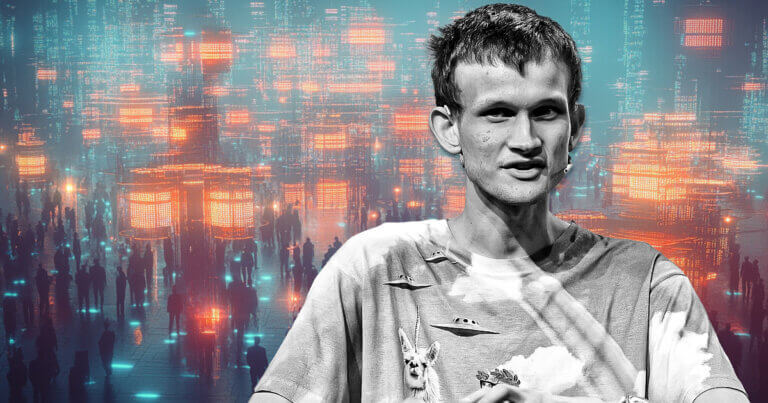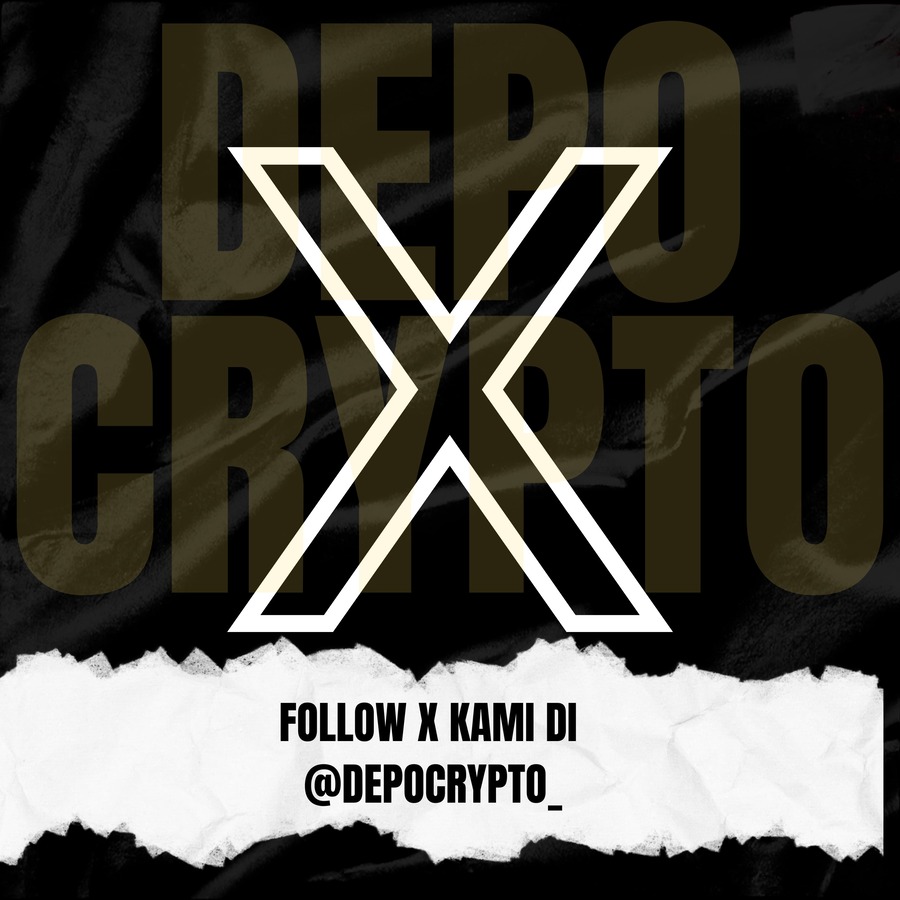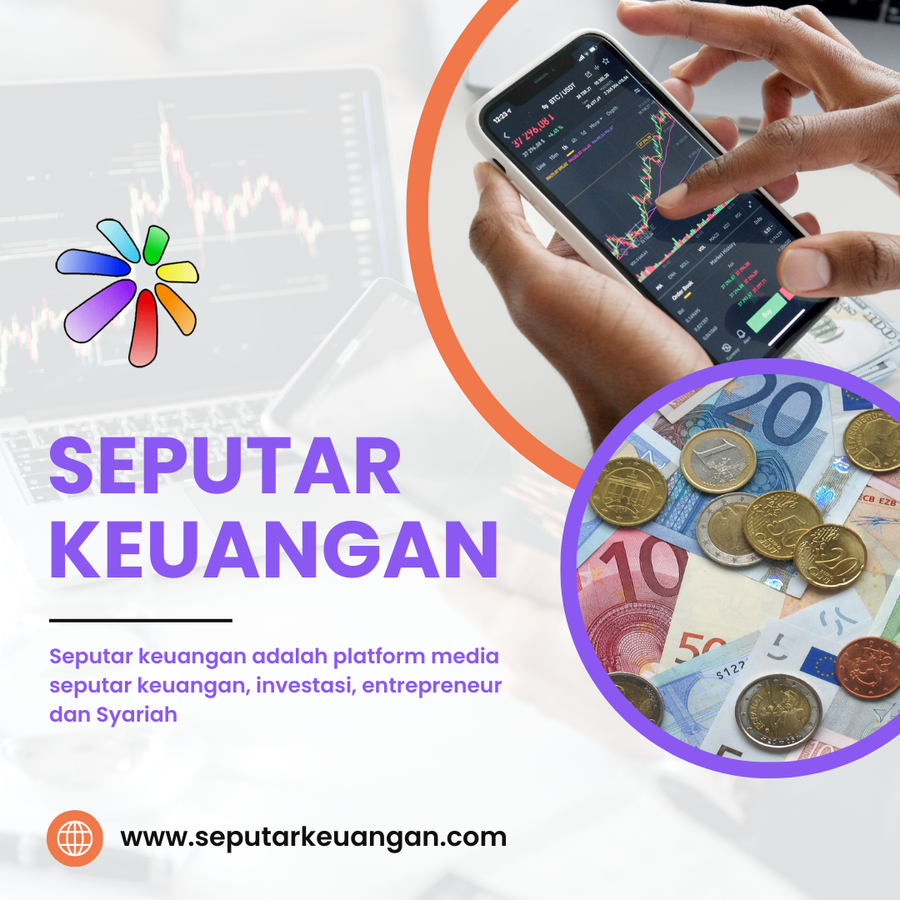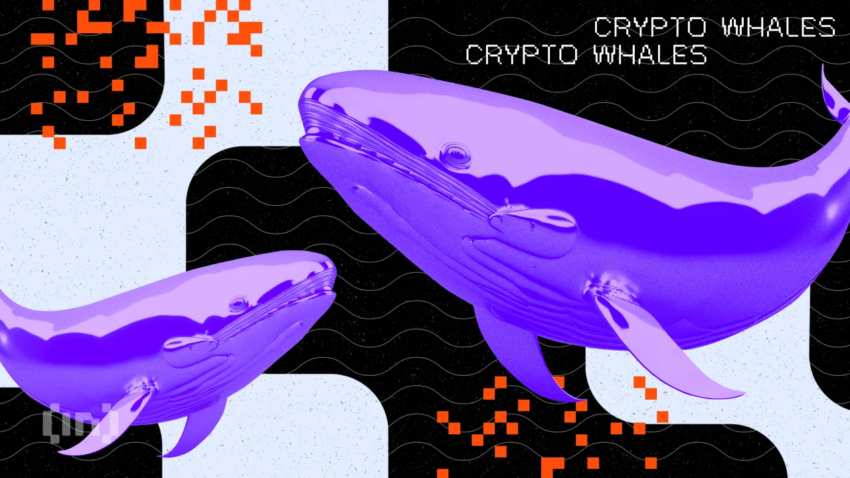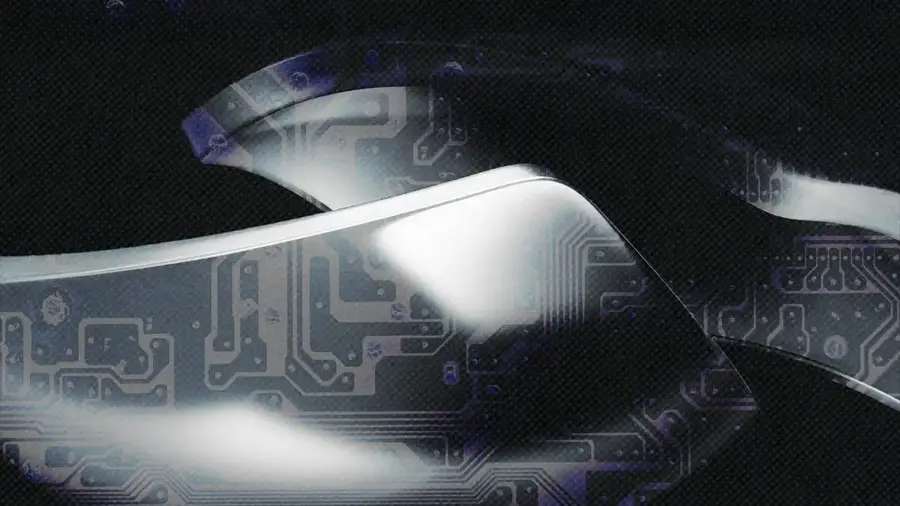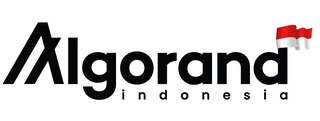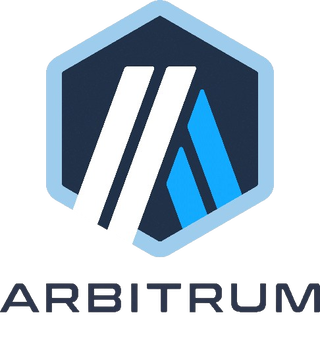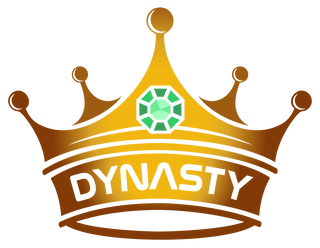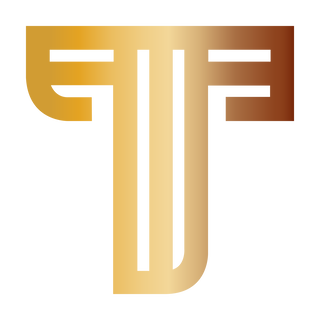Ethereum Co-Founder Vitalik Buterin Reflects on Decentralized Defense Movement
Vitalik Buterin, co-founder of Ethereum, recently shared updates on a concept he introduced a year ago: decentralized and democratic differential defensive acceleration, or d/acc.
What is d/acc?
D/acc focuses on using technology to protect people and communities without depending on centralized powers. The goal is to make these tools widely accessible and to prevent control by governments or elite groups.
Introduced in early 2024, d/acc promotes "defensive" tech advancements, such as tools that strengthen societal resilience, rather than "offensive" developments.
Key Progress in One Year
The d/acc initiative has gained support across various fields, including:
- Open-source vaccines: Making vaccines accessible and verifiable.
- Digital identity: Using zero-knowledge proofs to protect privacy.
- Prediction markets: Tools that help analyze and share information effectively.
In October, experts from fields like biosecurity, cybersecurity, and neurotechnology gathered at the first “d/acc Discovery Day” to share ideas and collaborate.
Real-World Impact
Some examples of d/acc in action include:
- Health innovations: Open-source vaccines and better air filtration systems.
- Pandemic tools: Devices like pocket air testers that detect airborne viruses.
Buterin also highlighted how blockchain technologies, like prediction markets and encryption methods, have contributed to d/acc goals.
Addressing AI Risks
Buterin is particularly concerned about the rapid growth of artificial intelligence (AI). He advocates for decentralized defense systems to reduce the risks of AI misuse, rather than relying on centralized control.
“We need tools that empower individuals and communities to protect themselves,” he wrote.
Funding for Public Good
To sustain these efforts, the d/acc movement emphasizes funding for projects that benefit everyone but aren’t driven by profit. Methods like quadratic funding and deep funding are helping support these public goods.
The Vision Ahead
As d/acc enters its second year, its supporters are optimistic. They believe this approach can help create a future where technology strengthens collective safety and individual freedoms.

